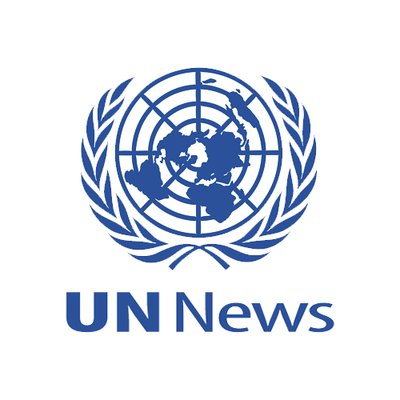The war between rival militaries in Sudan, which has been raging for over seven months has further intensified in recent weeks, particularly in the volatile Darfur region, a senior UN official said on Thursday. His briefing came on the same day as Khartoum asked the Security Council to immediately terminate the UN mission there.
Sudan’s military government wrote in a letter addressed to the UN chief and circulated to the Council – which provides each UN peacekeeping or political country mission with it’s mandate – that while calling for the withdrawal, it was committed to constructive engagement with the UN.
In requesting the UN’s withdrawal, Sudan has become the latest African nation to request the pull back of UN missions this year, following on from Mali and the Democratic Republic of the Congo.
Darfur advance
Martha Ama Akyaa Pobee, Assistant Secretary-General for Africa, informed ambassadors on the Security Council that the Rapid Support Forces (RSF) have gained territory, pushing the Sudanese Armed Forces (SAF) out of several of its bases in the region since late October.
The RSF seems poised to advance on El Fasher in north Darfur, a major town and the last SAF holdout in the region, according to media reports.
“An RSF attack on El Fasher or its surrounding areas could result in high numbers of civilian casualties, due to the large number of internally displaced persons located there,” Ms. Pobee said.
She informed Council members that some armed groups in the region, which had so far been neutral in the conflict, have allied with the SAF.
Outside of Darfur, clashes continue in Khartoum, Omdurman and Bahri, with the main fighting taking place around SAF strongholds. Hostilities are also spreading into new areas, including Gezira, White Nile and West Kordofan states, Ms. Pobee added.
Humanitarian calamity
The conflict has caused a severe humanitarian crisis and increasing human rights violations in Sudan, resulting in the deaths of over 6,000 civilians, including women and children, since April.
Across the country, over 7.1 million people have been driven from their homes, including hundreds of thousands into neighbouring countries.
Despite difficulties in access, attacks on aid workers, and bureaucratic hurdles, the UN and partners have delivered life-saving aid to 4.1 million people, which is only 22 percent of the targeted assistance for 2023.
“Civilians continue to face serious violations of human rights, including sexual and gender-based violence,” she said, noting that testimonies collected by the UN mission in Sudan (UNITAMS) pointed to RSF personnel or men in RSF uniforms as alleged perpetrators.
Adapting the mission
Ms. Pobee further said that the Secretary-General has appointed Ian Martin – a seasoned UN negotiator, who led missions in Libya, Nepal, Timor Leste as well as Ethiopia and Eritrea – to lead a strategic review of UNITAMS to provide the Security Council with options on how to adapt its mandate to fit the wartime conditions.
“Mr. Martin will hold extensive consultations with key stakeholders including Sudanese authorities, civil society, regional and sub-regional organizations, Member States and relevant entities within the UN system,” she added.
Fighting is futile
In conclusion, Ms. Pobee emphasized that it is crucial for the SAF and RSF to “recognize the futility of continued fighting and prioritize dialogue and deescalation.”
She emphasized that Sudan’s situation should remain a global concern, urging the international community to renew its commitment to coordinated peace efforts led by the region.
Sudan: Mission failing expectations
Sudan’s representative, taking the floor at the end of the meeting, said that since 18 April, his country’s Government has been cooperating with all regional and international forces to bring an end to the war and the suffering of the Sudanese people.
He called on the Prosecutor of the International Criminal Court (ICC) to take note of the crimes of the RSF, adding that the militias are continuing with the forced expulsion of citizens, ethnic cleansing and other international crimes, despite the commitments they made during recent talks in Saudi Arabia.
He told ambassadors that a strategic review of UNITAMS is essential, as the Mission’s functioning is not commensurate with expectations.
For a full summary of the meeting, visit our Meetings Coverage Service’s full report, here.
Distributed by APO Group on behalf of UN News.
